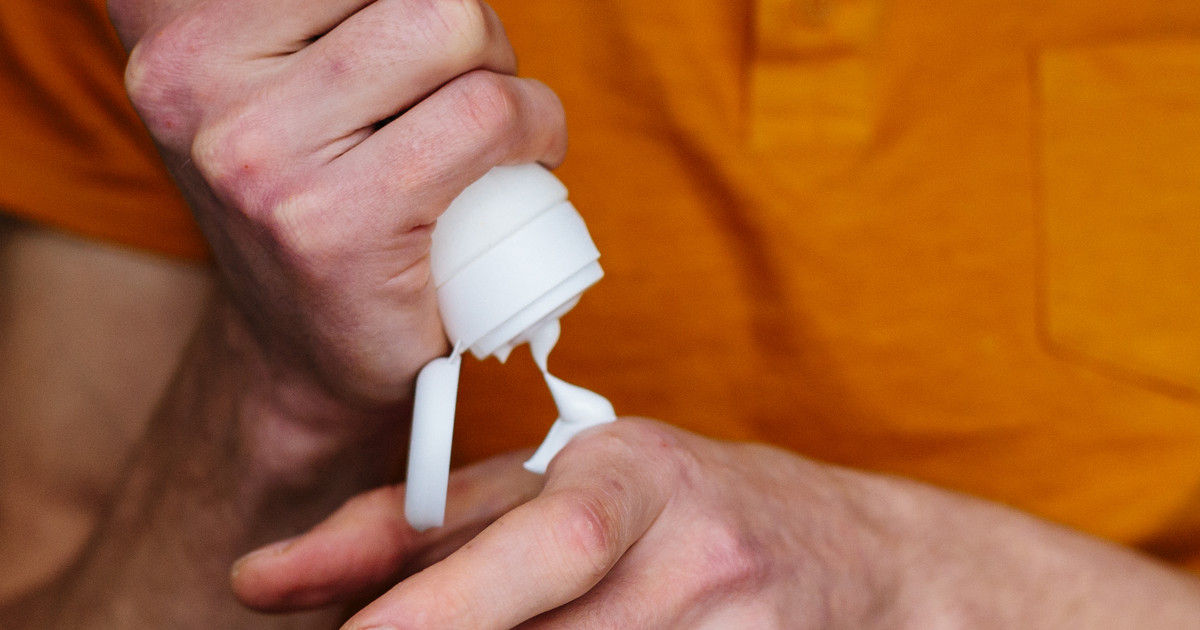Overview Of Benzocaine
Benzocaine, which is sold under various brand names, is a numbing medication that anesthetizes parts of the body. It blocks the nerve signals in the body, preventing your brain from processing pain. The medication has not been approved to use in children under two years old. It can be harmful if used to treat infant teething pain.
Benzocaine is an effective pain relief treatment. Topical benzocaine may reduce discomfort and pain due to a sore throat. It may also act as a treatment for ingrown toenails, skin irritation, and hemorrhoids. This medication is also often used before medical procedures involving a tube or speculum. Patients, of course, must first understand all details of benzocaine before using it.
How It Works

Benzocaine is available as an ointment, gel, or cream. It is applied topically to the skin or the soft tissues inside the body. Generally, this medication should not be taken orally. The medicine works by numbing nerve endings, which prevents the nerves from sending pain signals to the brain. It is used for a variety of mild conditions as well as medical procedures.
A variety of other products also use benzocaine as an active ingredient. It is in certain medications used to remove excess ear wax and treat swimmer's ear. Mucoadhesive patches have been designed using this medication to reduce pain in the jaw and mouth. It tends to come in spray form when it is used to treat a sore throat or numb the throat for other purposes. There may also be lozenges that use this ingredient to numb the throat. Some patients may use an aerosol form instead of a gel or cream.
Keep reading to learn more about the uses of this medication now.
Uses And Benefits

Benzocaine is often used to treat minor pain and irritation of the skin, including minor burns, scrapes, and insect bites. It may also treat minor itching and pain from hemorrhoids. Other genital and anal issues that it can treat include itching around the vagina, anal fissures, and itching around the rectum. The spray version of the medication can numb a sore throat and mouth. Doctors may also use the medication to numb the vagina, rectum, or throat before inserting a medical instrument.
The medicine should always be used as directed, and not to treat more serious conditions. Before use, individuals should clean the affected area. Rather than being prescribed on a schedule, benzocaine is to be used as needed. Suppose individuals are on another medication to help with healing an injury or medical issue. In that case, benzocaine might act as a supplemental measure to reduce irritation when it occurs.
Discover the potential side effects of this medication next.
